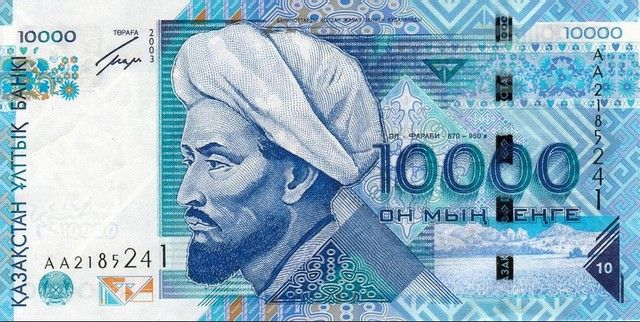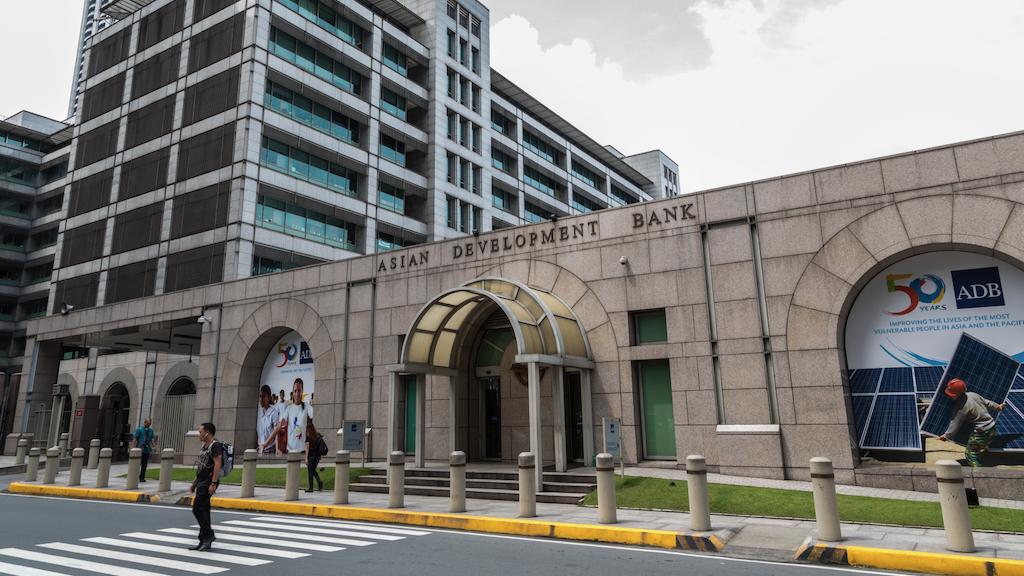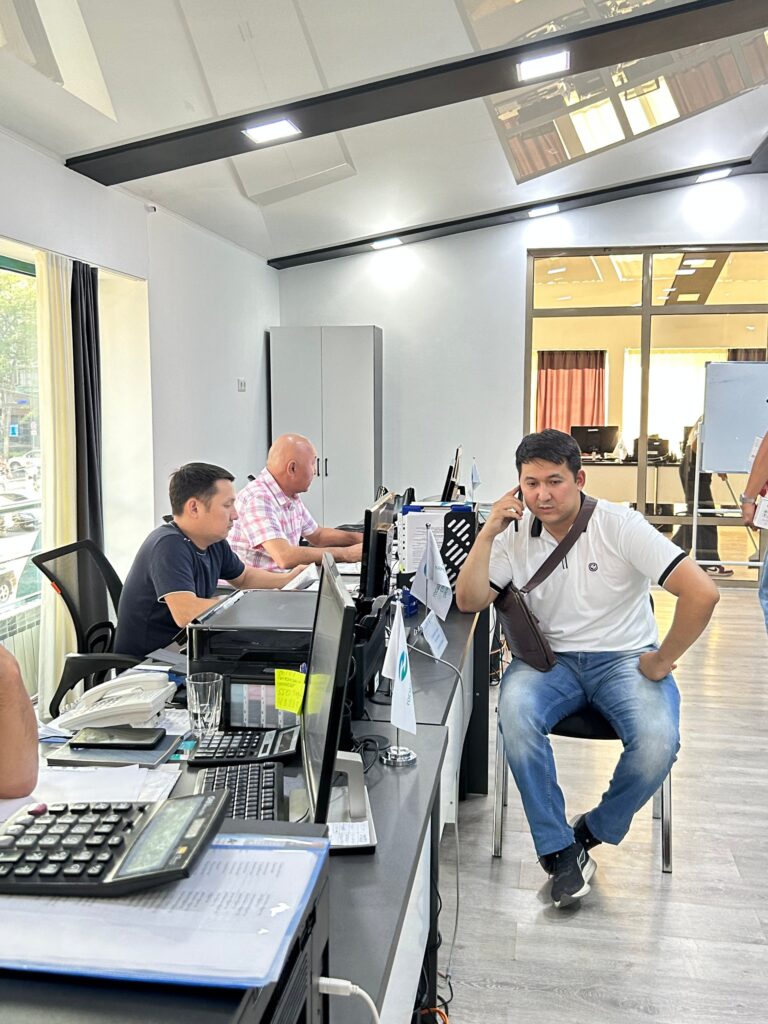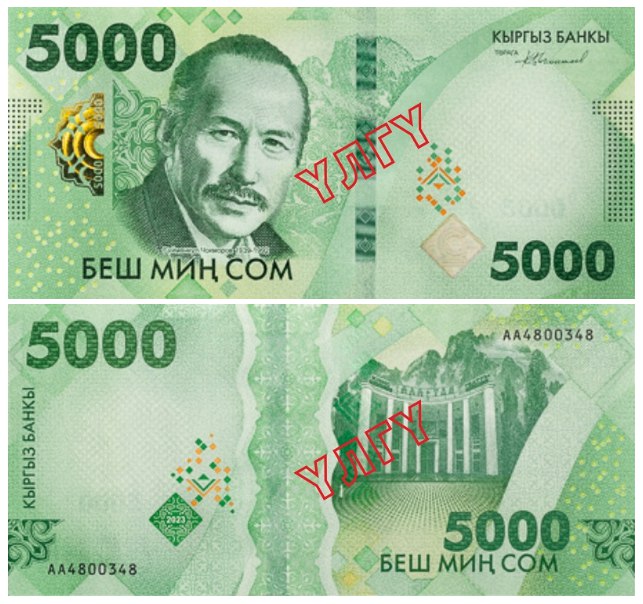ASTANA (TCA) — The Development Bank of Kazakhstan has conducted a stress test to see the ability of borrowers to perform if the exchange rate of the Kazakh tenge falls down to 500 tenge per dollar, the Atameken National Chamber of Entrepreneurs of Kazakhstan reported.
The current tenge rate is 355 tenges per dollar.
“We conducted a test using a number of parameters, including a change of the exchange rate. We took 500 tenges per US dollar as a guide,” the Chairman of the Development Bank of Kazakhstan Bolat Zhamishev told a media briefing last week.
“41% of the [Bank’s] loan portfolio is in tenge or are export loans. In general, 41% of our portfolio is something for which we are confident, even with the current exchange rate and with all the risks that we have tried to assess by the stress testing,” Zhamishev said.
However, the head of DBK said that “44% of the portfolio is sensitive to currency fluctuations, but those projects have sufficiently reliable guarantees from third parties or support of shareholders”.
“In general, these are the projects that we are going to monitor, to work together on all those points which could lead to risks. For example, in the energy sector, there is a need to address the issues of tariffs to reflect the new level of the costs incurred by companies,” he said.
In his words, out of 9 projects, 15% are projects that are sensitive to currency risks.
“The fluctuations will have a negative effect on them. If they took [loans] in foreign currency, their obligations in KZT increased twice, and if there are no foreign exchange earnings, it is clear that the business model shows the possibility of gaps,” Zhamishev added.








